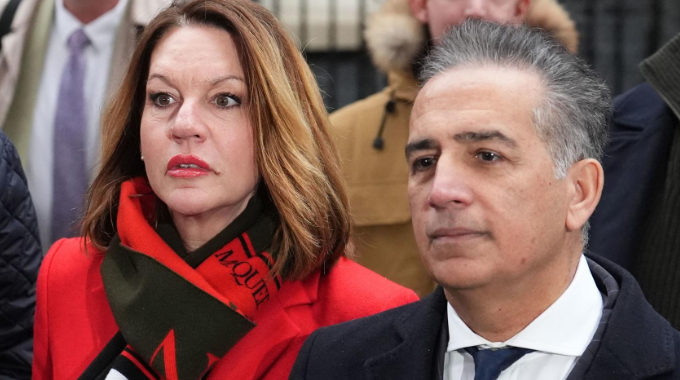Live-stream plan for Nottingham attacks inquiry
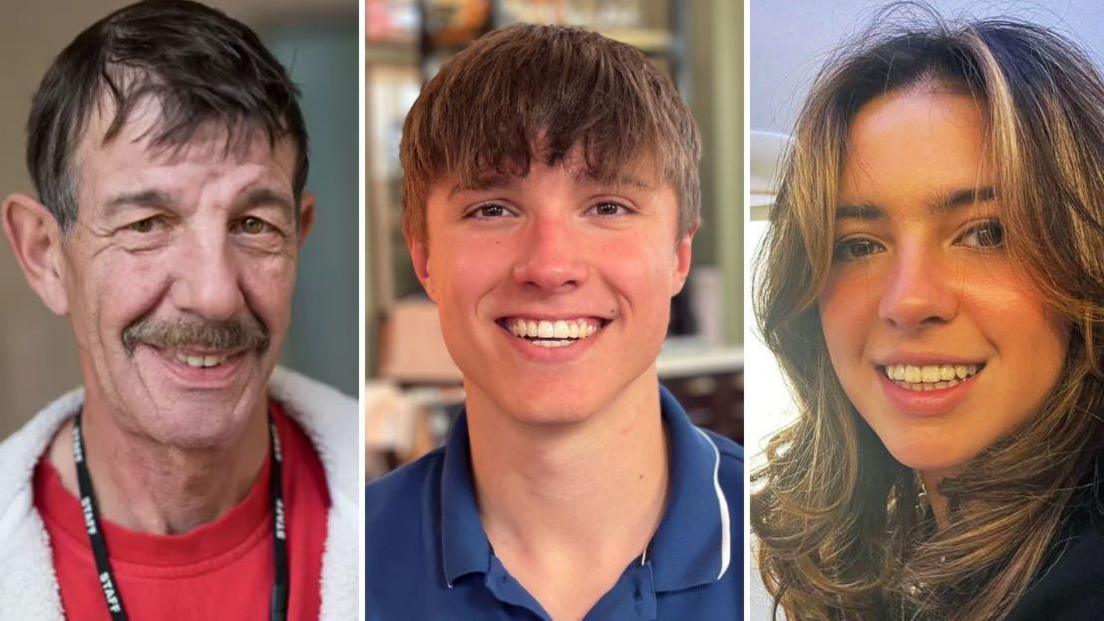
Ian Coates, Barnaby Webber and Grace O'Malley-Kumar were killed on 13 June 2023
- Published
The chairwoman of the public inquiry into the Nottingham attacks has said live streaming of most evidence will be the "default option".
Valdo Calocane killed students Barnaby Webber and Grace O'Malley-Kumar, both 19, and caretaker Ian Coates, 65, before attempting to kill three other people in the city on 13 June 2023.
The public inquiry, chaired by senior retired judge Deborah Taylor, is due to begin hearing evidence in February and aims to report back within two years.
At a preliminary hearing on 7 November, she was asked whether there should be live-stream access to proceedings and on Wednesday, she ruled it would be the default option for evidence but with some sensitive material excluded.
The inquiry is due to examine the management of Calocane's risk to others, the events on the day of the attacks and a timeline of incidents of unauthorised accessing of information by public servants.
During the preliminary hearing, Tim Moloney KC, on behalf of the bereaved families, said there could be "public surprise and disappointment" if there was no remote way to observe the inquiry - which is due to take place in London from 23 February.
"There is a great public interest in these proceedings which could be satisfied by a live stream, but there is also a public interest in ensuring that material that should not be live-streamed is not live-streamed," he said.
"Where it is possible to broadcast evidence and have the public make their own mind up, we say the public should be able to see that evidence."
In her published ruling, Ms Taylor said: "Whilst the wide public interest in these proceedings is satisfied by a live stream, equally, there is a public interest in retaining the option of no live streaming for some sensitive material and evidence."
Evidence that is live-streamed can also be broadcast, Ms Taylor ruled.
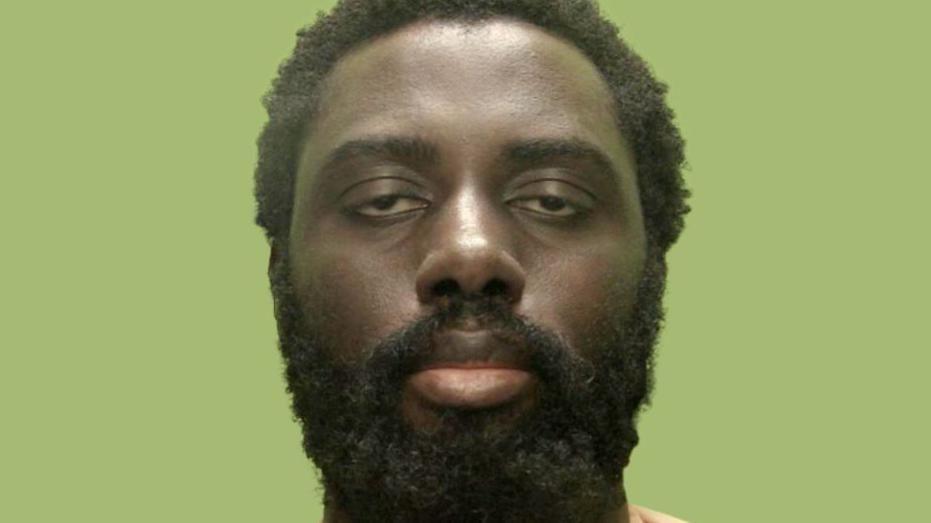
Valdo Calocane was sentenced to a hospital order following the killings
The public inquiry was confirmed earlier this year by Prime Minister Sir Keir Starmer following widespread criticism from the victims' families in the wake of Calocane's sentencing in January 2024.
Calocane had pleaded guilty to three counts of manslaughter on the basis of diminished responsibility, and three counts of attempted murder after being diagnosed with paranoid schizophrenia prior to the killings.
After Calocane was sentenced to a hospital order, the victims' families were highly critical of the police and Crown Prosecution Service (CPS).
A subsequent review into the CPS found while prosecutors had been right to accept Calocane's pleas of manslaughter on the basis of diminished responsibility, they could have handled the case better.
And in May last year, a judge ruled that Calocane's sentence was not unduly lenient.
A few months later, in August, a review published by the Care Quality Commission (CQC) found "a series of errors, omissions and misjudgements" by mental health services.
In February this year, an independent review into the NHS treatment given to Calocane prior to the killings detailed "a catalogue of failings".
Meanwhile, the Independent Office for Police Conduct (IOPC) is looking into both Leicestershire and Nottinghamshire Police involvement.
Get in touch
Tell us which stories we should cover in Nottingham
Follow BBC Nottingham on Facebook, external, on X, external, or on Instagram, external. Send your story ideas to eastmidsnews@bbc.co.uk, external or via WhatsApp, external on 0808 100 2210.
Related topics
- Published28 May
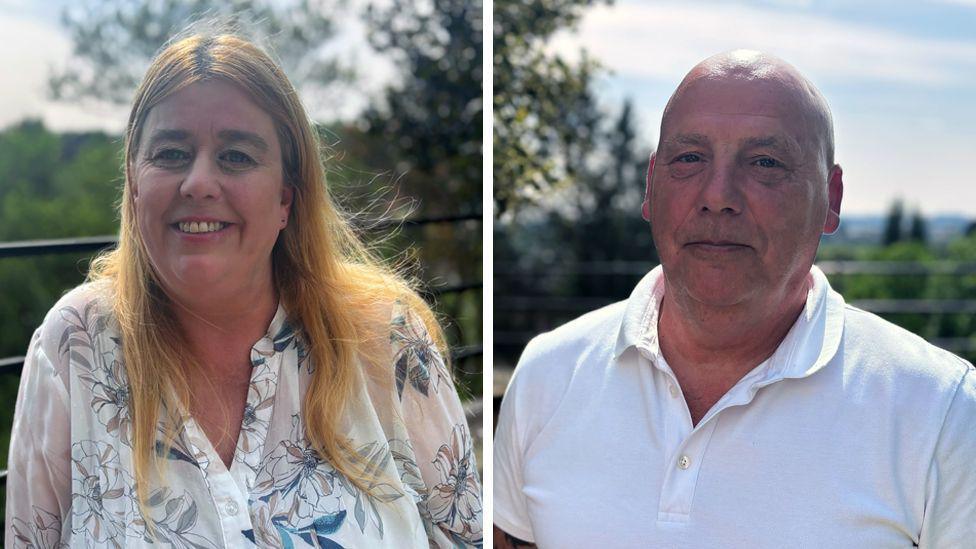
- Published22 May
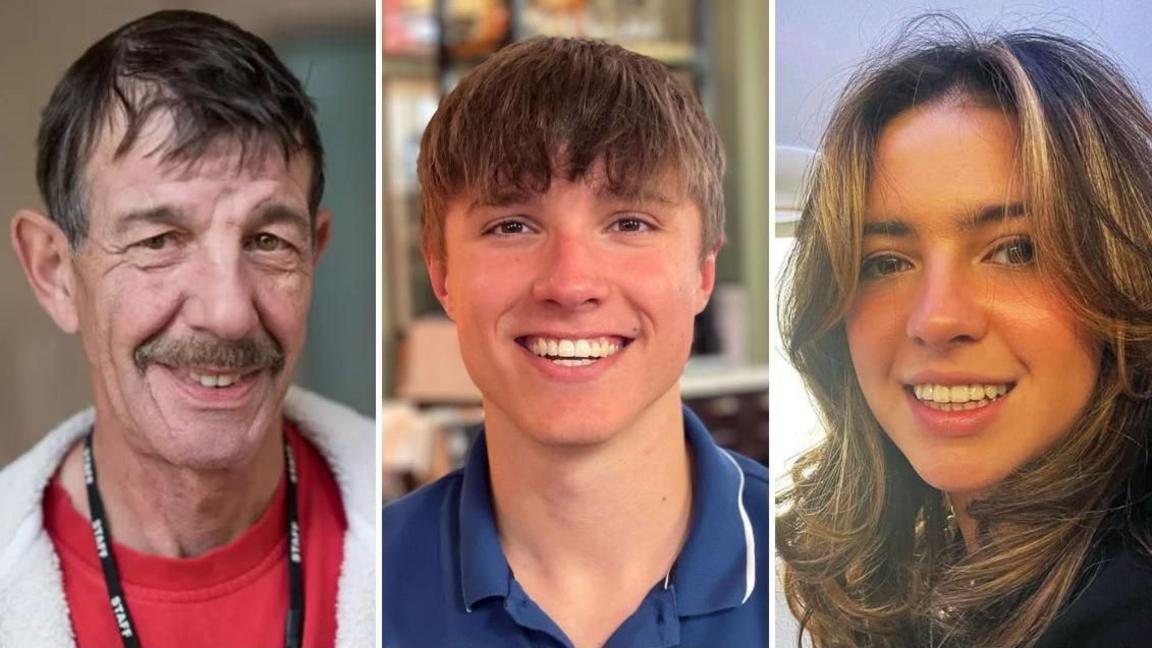
- Published12 February
